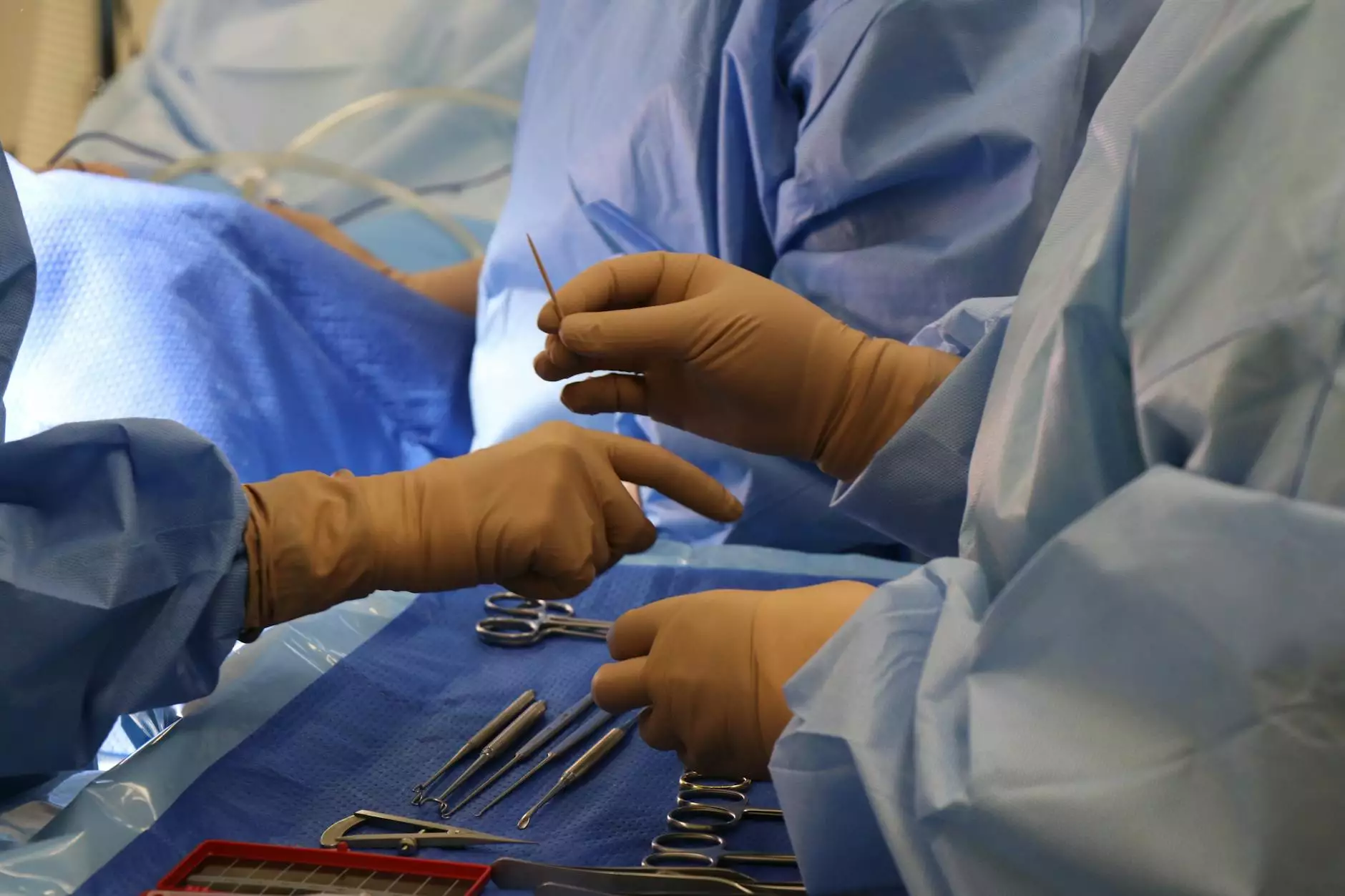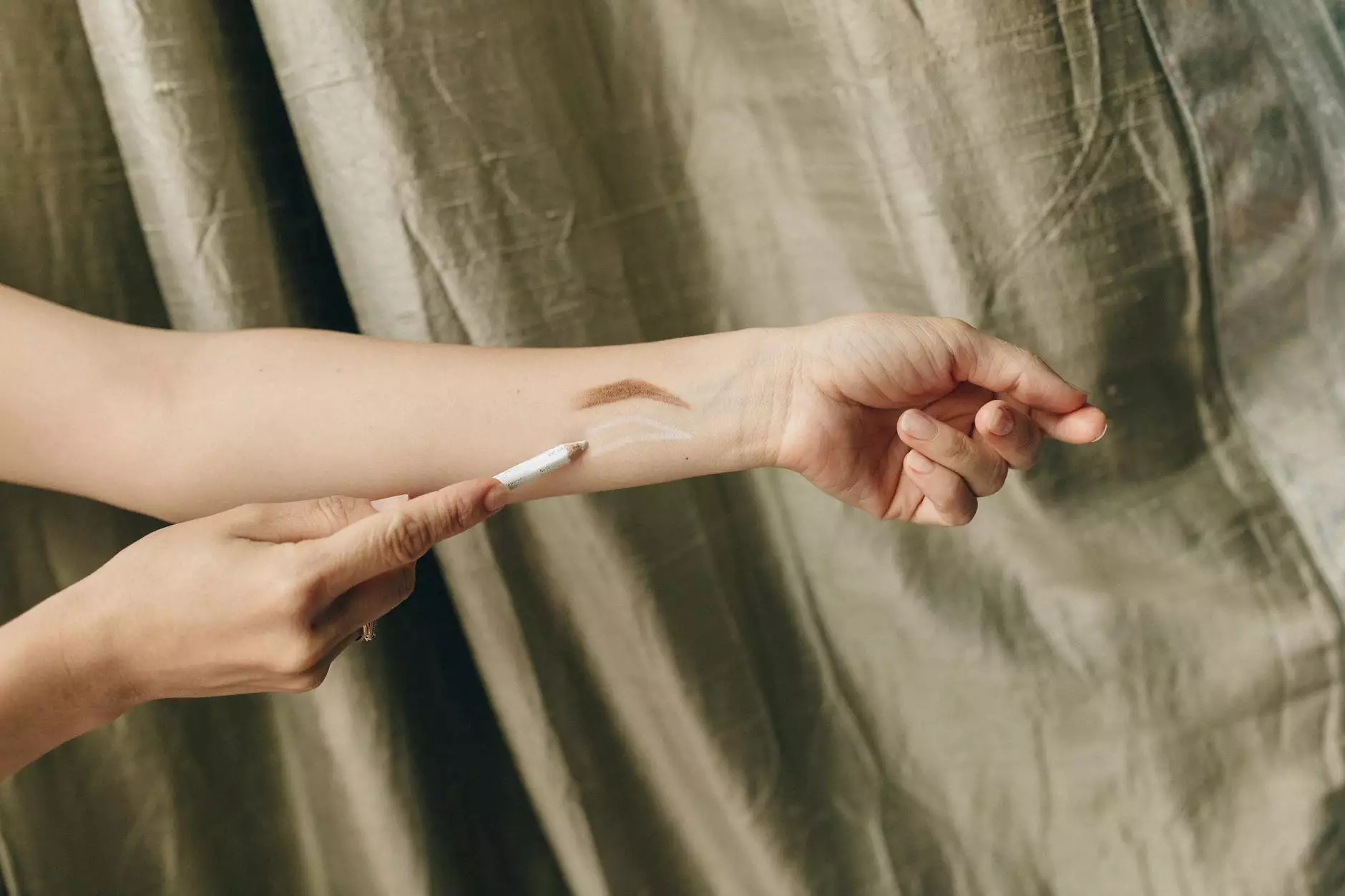Craniotomy - Surgical Procedure for Various Brain Conditions

Welcome to Foley James D MD's page on Craniotomy, a medical procedure used to treat various brain conditions. In this comprehensive guide, we will explore what Craniotomy is, the benefits and risks associated with the procedure, the recovery process, and the necessary post-surgery care.
What is Craniotomy?
Craniotomy is a surgical procedure that involves temporarily removing a part of the skull to access the brain. It is performed by highly skilled neurosurgeons, like Dr. Foley James D MD, specializing in brain surgeries. Craniotomy allows surgeons to treat a variety of brain conditions, including:
- Brain Tumors: Both benign and malignant tumors can be safely excised through Craniotomy.
- Brain Aneurysms: Craniotomy is often utilized to repair or remove aneurysms, reducing the risk of rupture.
- Intracranial Hemorrhage: The procedure may be necessary to remove blood clots or control bleeding in the brain.
- Epilepsy: Craniotomy can be used for the surgical removal of epileptic brain tissue to treat seizures.
The Benefits and Risks of Craniotomy
Craniotomy offers several benefits for patients in need of brain surgery. By directly accessing the affected area, surgeons can precisely remove tumors, repair blood vessels, or address other brain abnormalities. Some key benefits of Craniotomy include:
- Precision: Craniotomy allows for precise and targeted treatment of brain conditions.
- Tumor Removal: Brain tumors can often be completely removed, leading to a higher chance of cure.
- Pain Relief: Surgery can alleviate symptoms and relieve pressure on the brain.
- Improved Quality of Life: Successful Craniotomy procedures can significantly improve patients' quality of life and overall well-being.
However, like any surgical procedure, Craniotomy carries certain risks, which may vary depending on the patient's specific condition and overall health. These risks can include:
- Infection: There is a small risk of infection at the surgical site.
- Bleeding: Some bleeding during or after the procedure is possible, but is usually manageable.
- Brain Swelling: The brain may swell temporarily after Craniotomy, requiring close postoperative monitoring.
- Neurological Deficits: In rare cases, patients may experience temporary or permanent neurological deficits, such as weakness or sensory changes.
Recovery Process
The recovery process after Craniotomy is crucial for successful outcomes. Dr. Foley James D MD and the medical team will provide detailed instructions and guidance to ensure a smooth recovery. Immediately following the procedure, patients are closely monitored in the intensive care unit (ICU) to manage pain, prevent complications, and observe neurological function.
During the hospital stay, patients may receive medication for pain management, antibiotics to prevent infection, and therapies to aid in recovery. The length of hospitalization will depend on the complexity of the surgery and the patient's individual progress. Once discharged, patients typically require a few weeks for initial recovery at home.
Throughout the recovery process, it is essential to follow the prescribed medications, activity restrictions, and any recommended therapy or rehabilitation. Regular follow-up appointments will be scheduled to monitor progress, address any concerns, and ensure optimal healing.
Post-Surgery Care
Proper post-surgery care is crucial to facilitate healing and reduce the risk of complications. Here are some important aspects of post-surgery care following a Craniotomy:
- Incision Care: Keep the incision site clean and dry. Follow the provided guidelines for cleaning and changing dressings.
- Pain Management: Take prescribed pain medications as directed and inform your healthcare team if you experience severe or prolonged pain.
- Rest and Activity: Balance rest and activity levels as advised by your healthcare team. Avoid strenuous activities and heavy lifting during the initial recovery period.
- Diet and Hydration: Follow dietary guidelines provided by your healthcare team. Proper nutrition and hydration are essential for healing.
- Monitoring: Pay attention to any changes in symptoms, such as severe headaches, fever, or changes in neurological function. Contact your healthcare team if you have any concerns or questions.
Remember, each patient's recovery is unique, and it is crucial to follow the specific instructions provided by Dr. Foley James D MD and the healthcare team.
Conclusion
Craniotomy is a highly specialized surgical procedure performed by experienced neurosurgeons to treat various brain conditions. It offers precise treatment options and the potential for improved quality of life. While the procedure carries some risks, proper post-surgery care and close monitoring can help ensure successful recovery.
If you or a loved one requires Craniotomy, consult with Dr. Foley James D MD and the healthcare team at Foley James D MD's health center for personalized care and expert advice.



